AUBURN — There was a hopeful tone to many of the speeches given Thursday at this year’s Opioid Response Summit — last year the state saw a decline in the number of drug overdose deaths, and preliminary projections this year indicate that the state is on track to see a further reduction.
In her afternoon speech, Gov. Janet Mills spoke about the progress that has been made in the last six years to get people who misuse substances or who have substance use disorder help, while also working to make illicit drugs harder to get. She underscored the need for more progress to fight substance abuse and make recovery available to everyone.
“The recent decline in overdose deaths in Maine is reason to hope but not reason to rest,” she said.

Gov. Janet Mills, upper right, speaks Thursday to a large crowd during the sixth annual Opioid Response Summit at Central Maine Community College in Auburn. Daryn Slover/Sun Journal
In 2023, there was a 16% decrease in the number of drug overdose deaths statewide compared to the year before, Mills said in her speech. It was the first time in five years since there was an annual decrease of those deaths.
Preliminary figures indicate that the state is on track to record a nearly 15% decrease in overdose deaths for the first seven months of this year compared to the first seven months last year, she said.
She credits the steep decline in statewide overdose deaths at least in part to the work her office has done to enhance the prescription monitoring program, helping to prevent prescription opioids from later being sold illegally, she said.
Making treatments and lifesaving resources available in multiple spaces where they were not before, taking more drugs off the streets through work by law enforcement agencies and expanding peer support services are all measures the state has implemented or expanded upon that were mentioned in her speech.
Some speakers spoke about various legislation enacted within the last year, including bills that require uniformed patrol officers to carry Narcan, eliminating the crime of engaging in prostitution and requiring that $2 million of recreational cannabis tax revenue annually goes toward Recovery Community Centers Fund, among many others.
Some speakers talked about various initiatives around recovery, such as the 1,000 Lives Campaign mentioned in state Opioid Response Director Gordon Smith’s remarks, which aims to reduce opioid-related deaths by 1,000 lives from baseline expectations over the next five years. It is modeled after the Institute of Healthcare Improvement’s 100,000 lives campaign in 2006.
Portland-based Peer Recovery Coach James Dillon III, who founded Queercovery, operated a booth at the summit, offering information about queer people in recovery and their barriers to recovery.
Recovery tends to be a little harder for queer people all the way around because sometimes resources can be shut off for them or they do not know what resources are available to them, Dillon said. Queer people have to put more thought into where they seek recovery services and support from. “You never really know what you’re walking into,” Dillon said.

Danielle Forino holds fiancé Steve Pelletier’s hand Thursday during the sixth annual Opioid Response Summit at Central Maine Community College in Auburn. Forino of Fort Kent shared her story about her son, Michael Robertson, who died on August 14, 2023, from substance use disorder. He was 22 years old. Daryn Slover/Sun Journal
According to Dillon, a long-term goal is to open an all gender recovery residence. Currently there are none in Maine and there are very few recovery support services specifically for queer people living in the most rural areas of the state.
The summit is a good place to help advocate and raise awareness for those needs, Dillon said feeling grateful of the booth at the forefront of the event, which helps reach as many people as possible.
“Just by being here and putting a face to people in trans and queer (people in) recovery is a big part of it,” Dillon said.
Sarah Langevin talked about her experience with substance abuse and recovery in her speech at the summit. For years she languished in active use, not understanding why she could not seem to stop using illicit substances, she said. There were several factors over the many years she used illicit substances that eventually led to her to seek recovery.
At first she was largely seeking resources on her own but forged a path forward for herself, which included religion, she said. Eventually she found a recovery community and started to help others on their path to sobriety.
After many years of being in recovery, she now works as a state certified peer recovery coach for SaVida Health, she said.
The summit and similar events are valuable, she said, because it brings together people from the recovery community, allowing them to network, learn about resources, advocate for legislation, among other benefits. It also is a way to celebrate people and accomplishments sometimes.
“It really fills our tank to continue to do the things we do,” she said.
There were opportunities for people at the event to network, with multiple resource and information booths relating to recovery and different discussions led by various people in the recovery field throughout the roughly eight-hour event. There was also a showing of the film Recovery in Maine: Queer Voices before lunch.
University of Maine research professor Dr. Marcela Sorg and advocate Danielle Forino, who lost her son to substance use disorder in 2023, were both given the Governor’s Award at the event for their contributions to fighting substance use disorder.
Send questions/comments to the editors.


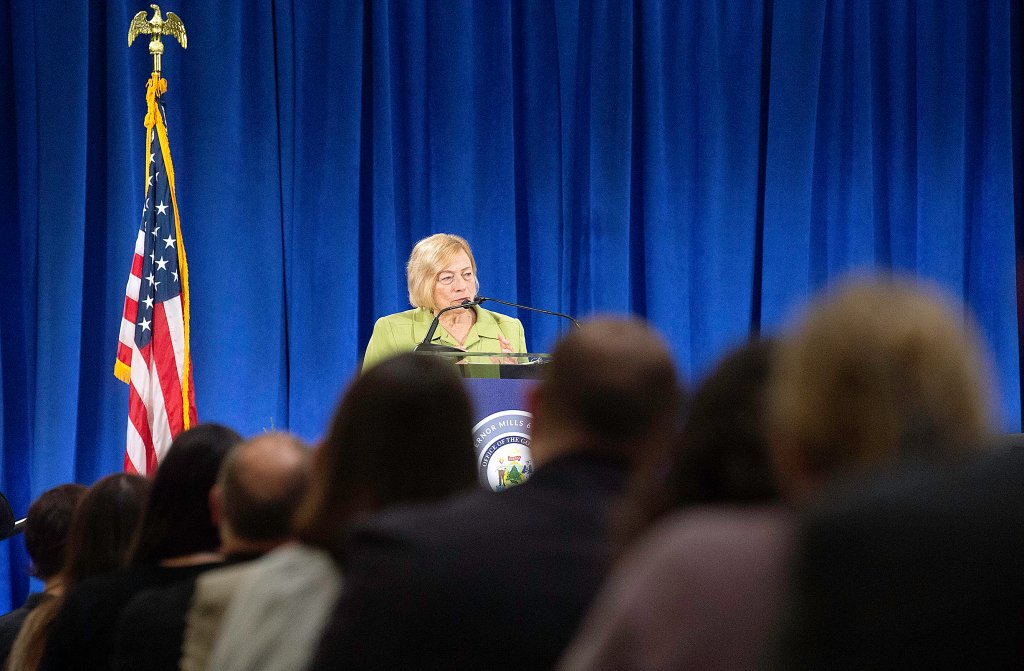
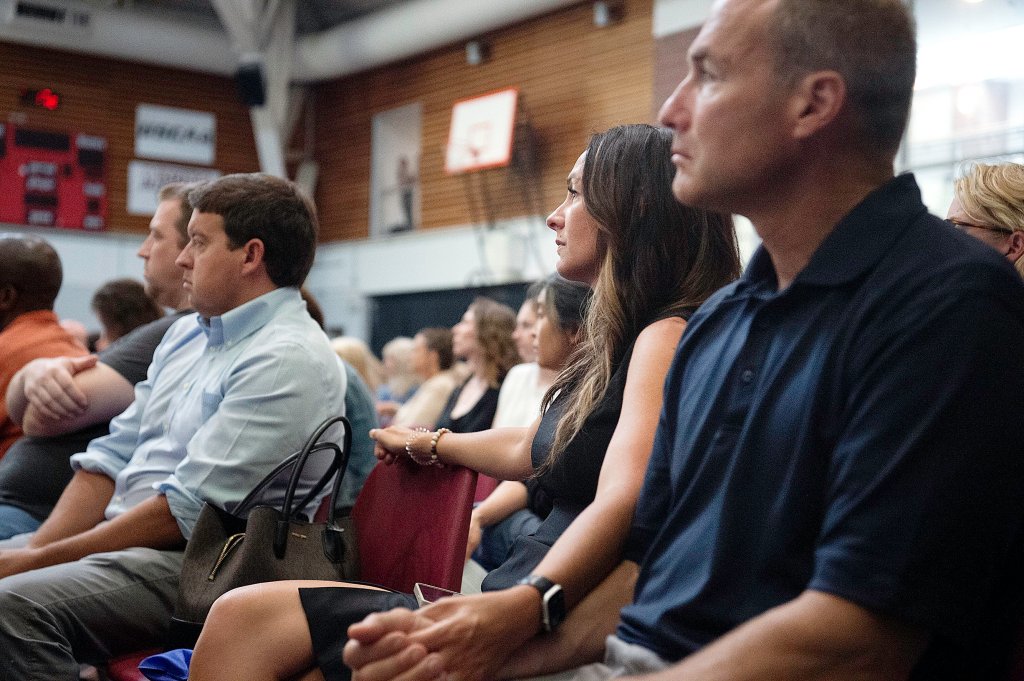
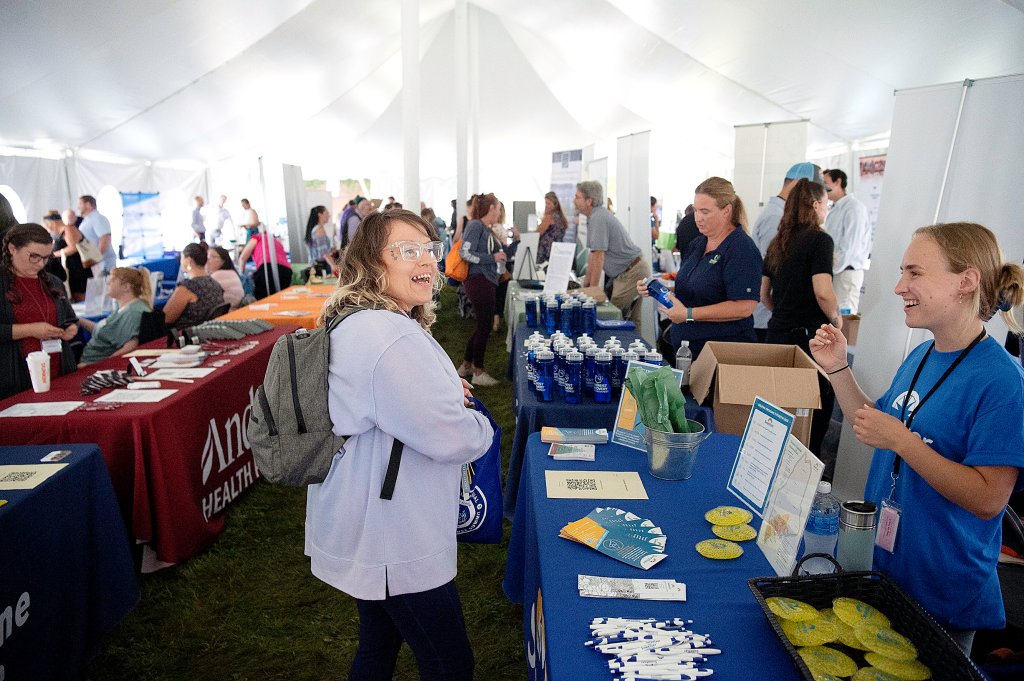

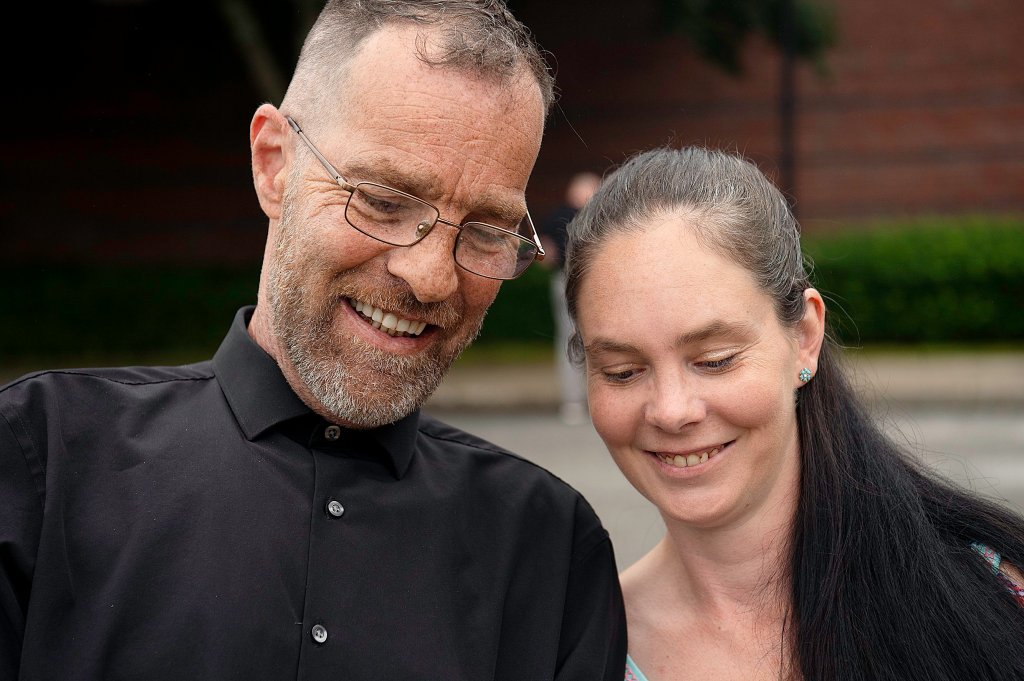
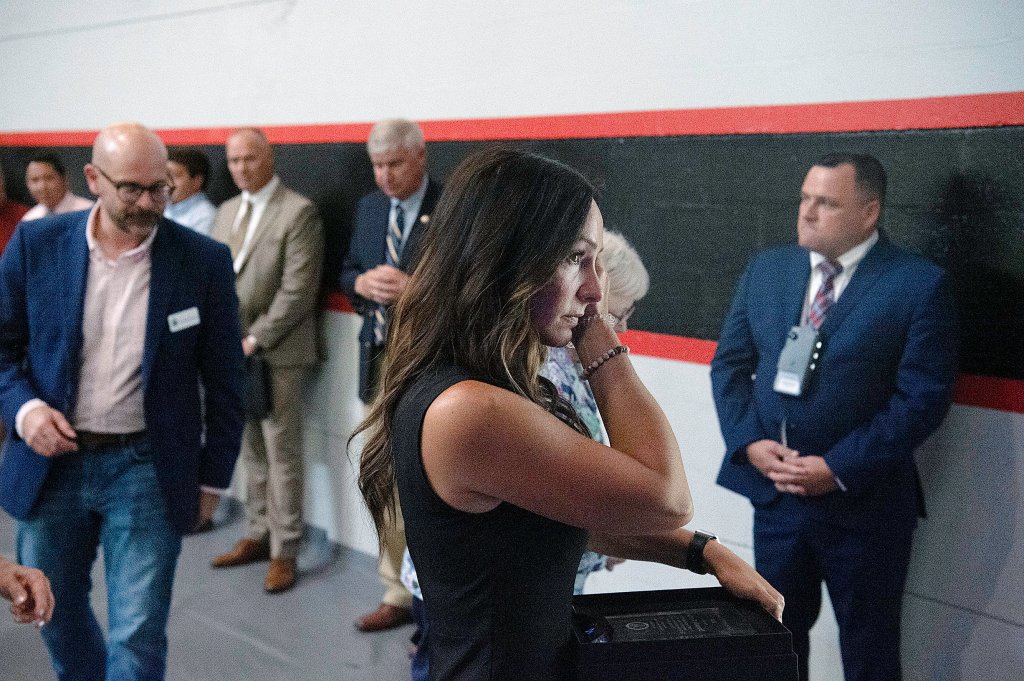

We invite you to add your comments. We encourage a thoughtful exchange of ideas and information on this website. By joining the conversation, you are agreeing to our commenting policy and terms of use. More information is found on our FAQs. You can modify your screen name here.
Comments are managed by our staff during regular business hours Monday through Friday as well as limited hours on Saturday and Sunday. Comments held for moderation outside of those hours may take longer to approve.
Join the Conversation
Please sign into your CentralMaine.com account to participate in conversations below. If you do not have an account, you can register or subscribe. Questions? Please see our FAQs.